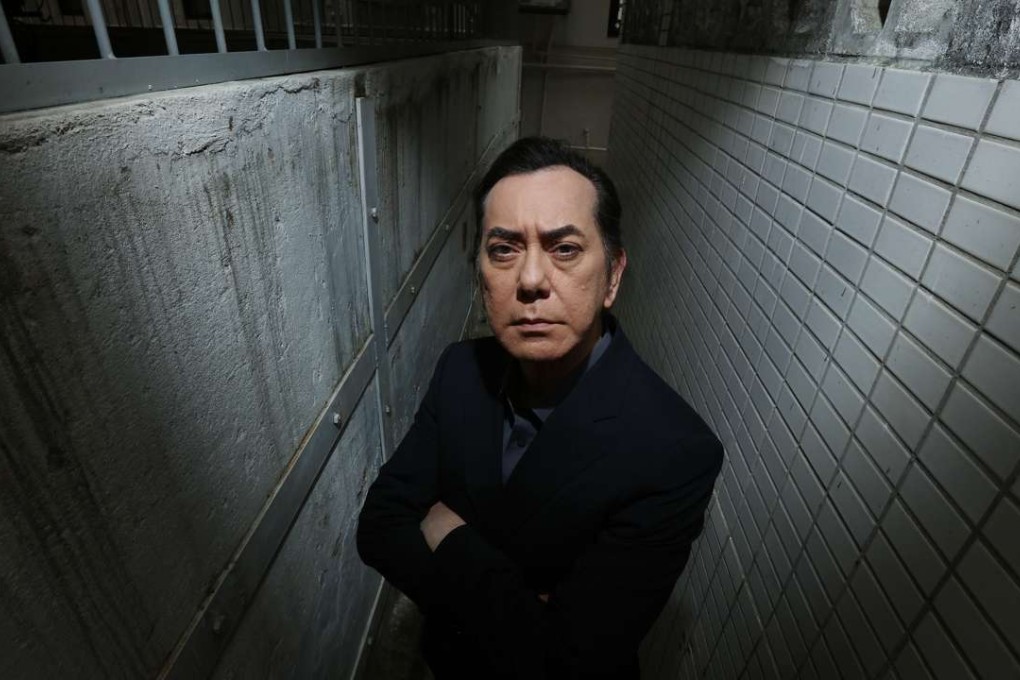Everything changed in Hong Kong after 1997, actor Anthony Wong laments
Anthony Wong says it’s time he shut up – but not before taking another shot at the state of Hong Kong’s film industry, the lack of democracy, racism and ‘stupid’ teachers

Outspoken actor Anthony Wong Chau-sang claims he is becoming more reclusive and careful with his words.
After several decades as one of the most recognisable Hong Kong actors in the film industry, the 55-year-old is these days focusing on his stage career through his role as co-artistic director of Dionysus Contemporary Theatre company.
Born to an English father, who abandoned him when he was young, and a Cantonese mother, he is one of the most prominent graduates of the Hong Kong Academy for Performing Arts (HKAPA) and has starred in more than 100 films and television shows. He won the Hong Kong film award for best actor in 1994 for his portrayal of a sadistic serial killer and pork bun maker in the horror film The Eight Immortals Restaurant: The Untold Story (1993).
He spoke to City Weekend about being typecast, learning to cook Chinese food and Hong Kong’s lack of democracy.
When you look back on your career, which professional project are you most proud of? And which would you most like to forget?
I’m never proud of anything. It is only a job. You only do your best every time. I like Ip Man: The Final Fight (2013). I spent one year to study the characters and kung fu in the style of wing chun [a form of martial art].
But I don’t think it is what I’m most recognised for. The box office was no good. I got nothing. Every time I’ve liked something, I’ve gained nothing. For example, The Eight Immortals Restaurant: The Untold Story (1993), I hate that movie. And it gave me a lot [Wong won best actor for the role at the Hong Kong Film Awards in 1994]. I don’t like the script, I don’t like the character. It is selling violence, blood and sex.